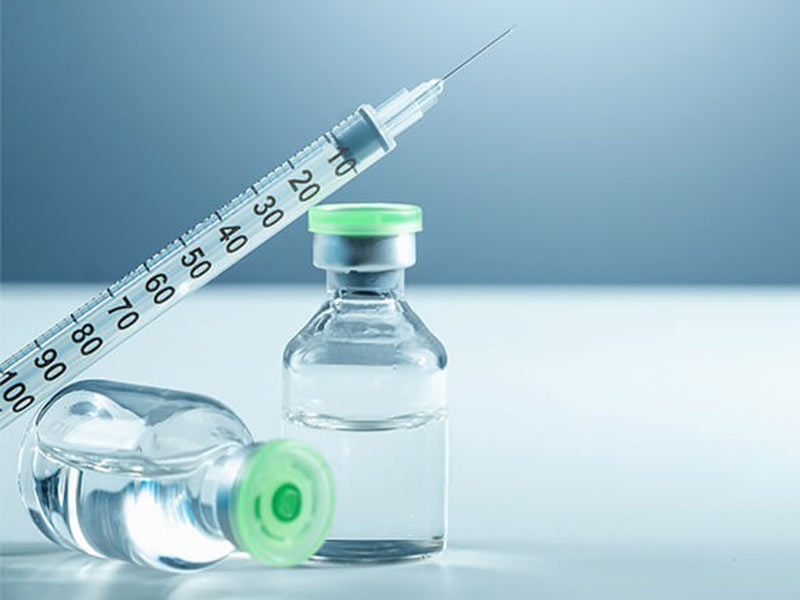Injectable medicines play a critical role in modern healthcare, especially when quick action is required. These medicines are designed to deliver the drug directly into the bloodstream or muscle, providing fast relief and high efficiency. Hospitals, clinics, and even home-care settings rely heavily on injectables to treat various health conditions effectively.

Understanding Injectable Medicines : –
Injectables are pharmaceutical formulations administered using a needle and syringe. They are usually given in three main ways:
- Intravenous (IV) – directly into a vein
- Intramuscular (IM) – into a muscle
- Subcutaneous (SC) – under the skin
Each method allows for rapid drug absorption and precise dosage.
When Injectable Medicines Are Preferred
In critical or emergency situations, injectable medicines are often the first line of treatment. This includes:
-
Severe infections
-
Heart attacks and strokes
-
Allergic reactions
-
Post-surgical pain
-
Patients unable to take oral medication
Advantages of Injectable Medicines
Injectables offer several benefits:
- Faster onset of action compared to tablets or syrups
- No interference from the digestive system
- More accurate and controlled dosage
- Effective in unconscious or vomiting patients
Challenges and Considerations
While effective, injectables require careful handling. Incorrect technique can lead to infection, tissue damage, or allergic reactions. It is essential to administer them under trained supervision and store them properly.
Conclusion:
Injectable medicines are powerful tools in healthcare that provide fast, reliable treatment in both emergency and routine care. Their use continues to grow as technology and patient needs evolve.

Leave a Reply